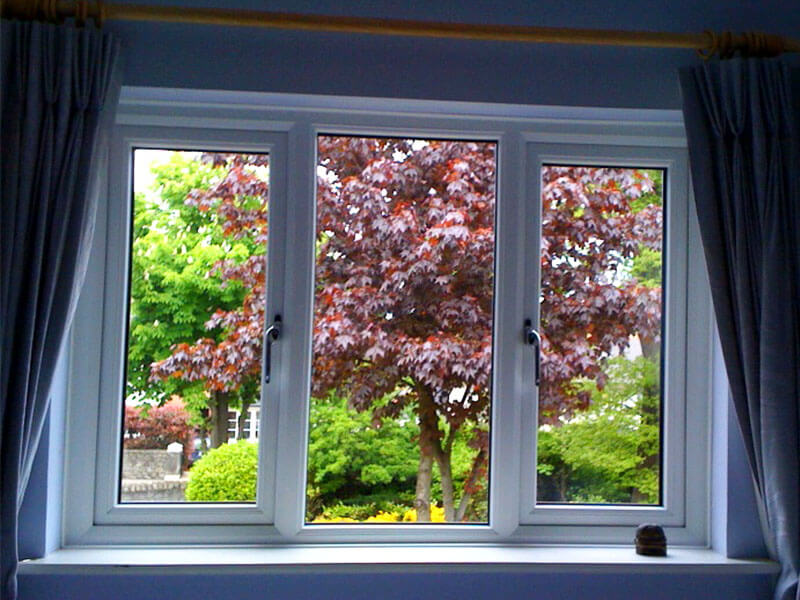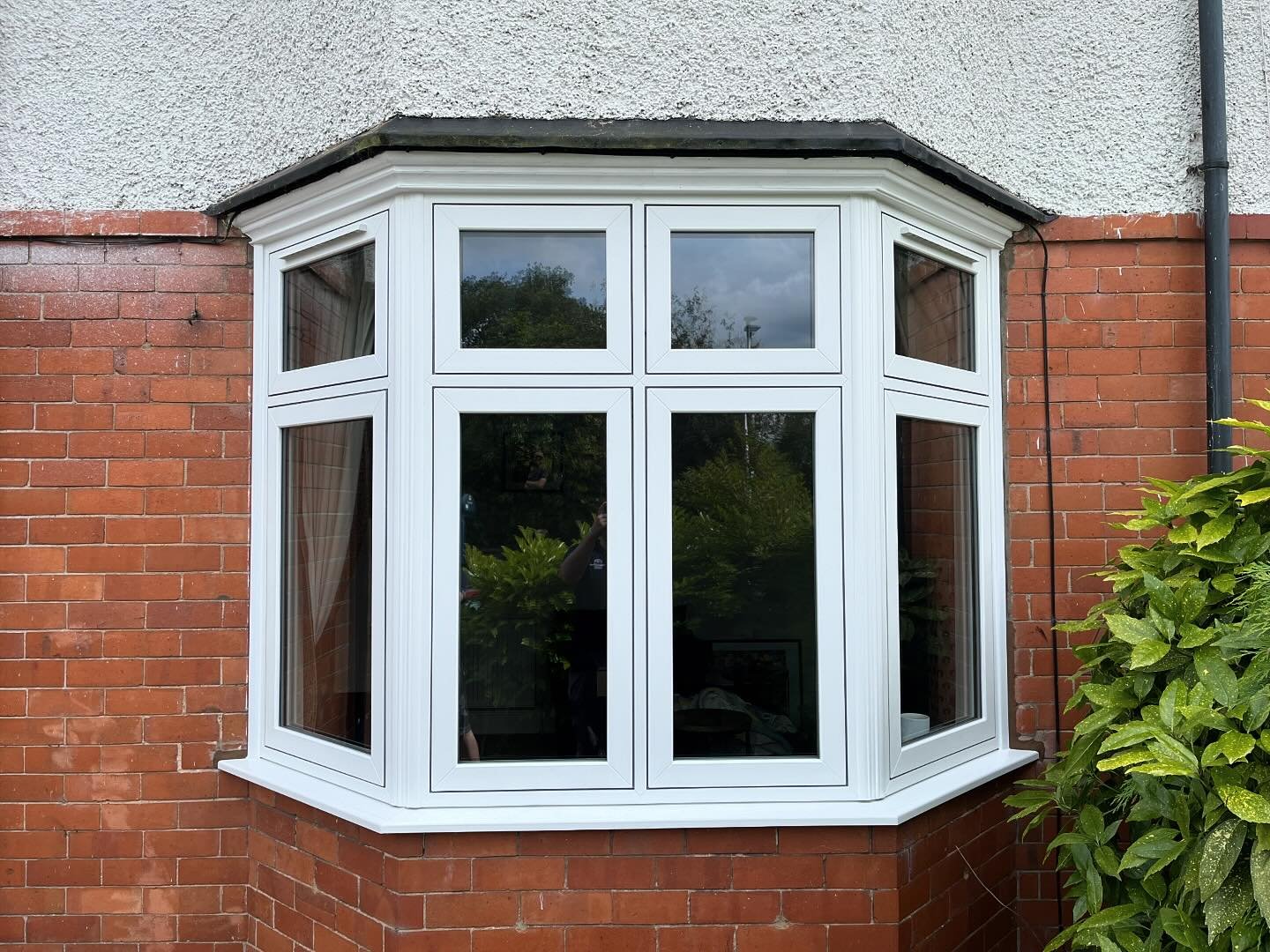Introduction
Double glazing has emerged as a pivotal advancement in the field of building insulation, providing significant benefits for energy efficiency, noise reduction, and overall comfort in residential and commercial properties. This report delves into the intricacies of new double glazing technology, exploring its composition, advantages, installation processes, and its impact on energy consumption and sustainability.
Understanding Double Glazing
Double glazing consists of two panes of glass separated by a space filled with air or gas, which acts as an insulating barrier. The space between the panes can be filled with argon or krypton gas, which enhances thermal performance. The primary objective of double glazing is to reduce heat transfer, thereby minimizing energy costs and improving indoor comfort.
Types of Double Glazing
- Standard Double Glazing: This is the most common type, featuring two panes of glass with a standard air gap. It is effective for basic insulation needs.
- Low-E Double Glazing: Low-Emissivity (Low-E) glass has a special coating that reflects heat back into the room during winter and rejects heat from the sun during summer. This type significantly enhances energy efficiency.
- Acoustic Double Glazing: Designed to minimize noise pollution, this type incorporates thicker panes of glass or different thicknesses between the panes to disrupt sound waves.
- Triple Glazing: Although not double glazing, triple glazing includes three panes of glass and is often used in extremely cold climates for superior insulation.
Benefits of New Double Glazing
1. Energy Efficiency
One of the most significant advantages of new double glazing is its ability to reduce energy consumption. By minimizing heat loss during winter and keeping interiors cool in summer, double glazing can lead to substantial savings on heating and cooling bills. Research indicates that homes with double glazing can save up to 20% on energy costs compared to single-glazed properties.
2. Noise Reduction
New double glazing effectively dampens external noise, making it an ideal choice for homes located in busy urban areas or near highways. The acoustic properties of double glazing can reduce noise levels Doors By Ideal Glass up to 60%, enhancing the quality of life for residents.
3. Improved Comfort
With better thermal regulation, double glazing contributes to a more stable indoor climate. Homeowners experience fewer drafts and cold spots, leading to increased comfort throughout the year.
4. Enhanced Security
Double-glazed windows are harder to break than single panes, providing an added layer of security against potential intruders. The robust construction of double glazing deters burglary attempts, making homes safer.
5. Environmental Impact
The reduction in energy consumption translates to lower carbon emissions, making double glazing an environmentally friendly choice. As more homeowners adopt energy-efficient solutions, the collective impact can contribute significantly to sustainability goals.
Implementation of New Double Glazing
1. Assessment and Planning
Before installation, a thorough assessment of the property is essential. This includes evaluating existing windows, understanding the specific needs of the occupants, and determining the best type of double glazing to suit the building’s style and location.
2. Choosing the Right Materials
Selecting high-quality materials is crucial for optimal performance. Homeowners should consider the frame materials (uPVC, aluminum, or wood), the type of glass, and the gas used for insulation. Each option has its advantages and disadvantages concerning cost, aesthetics, and thermal performance.
3. Professional Installation
While DIY installation is possible, hiring professional installers is recommended to ensure proper fitting and sealing. Poor installation can lead to air leaks, reducing the effectiveness of the double glazing. Professionals can also provide insights into local building codes and regulations.
4. Maintenance
New double glazing requires minimal maintenance compared to traditional single-pane windows. Regular cleaning and periodic checks for seals and frames can help maintain performance. Homeowners should be aware of condensation issues, which can indicate seal failure.

Cost Considerations
The initial investment for double glazing can be higher than single glazing, but the long-term savings on energy bills and increased property value often justify the expense. The cost varies based on factors such as the size of the windows, the materials chosen, and installation fees. Homeowners should obtain multiple quotes and consider financing options or government incentives for energy-efficient upgrades.
Conclusion
New double glazing technology represents a significant advancement in building insulation, offering numerous benefits that enhance energy efficiency, comfort, and security. As the demand for sustainable living increases, the adoption of double glazing is likely to rise. Homeowners are encouraged to consider this investment not only for immediate benefits but also for its long-term impact on energy savings and environmental sustainability. With proper assessment, selection, and installation, new double glazing can transform homes into more comfortable, secure, and energy-efficient spaces.








